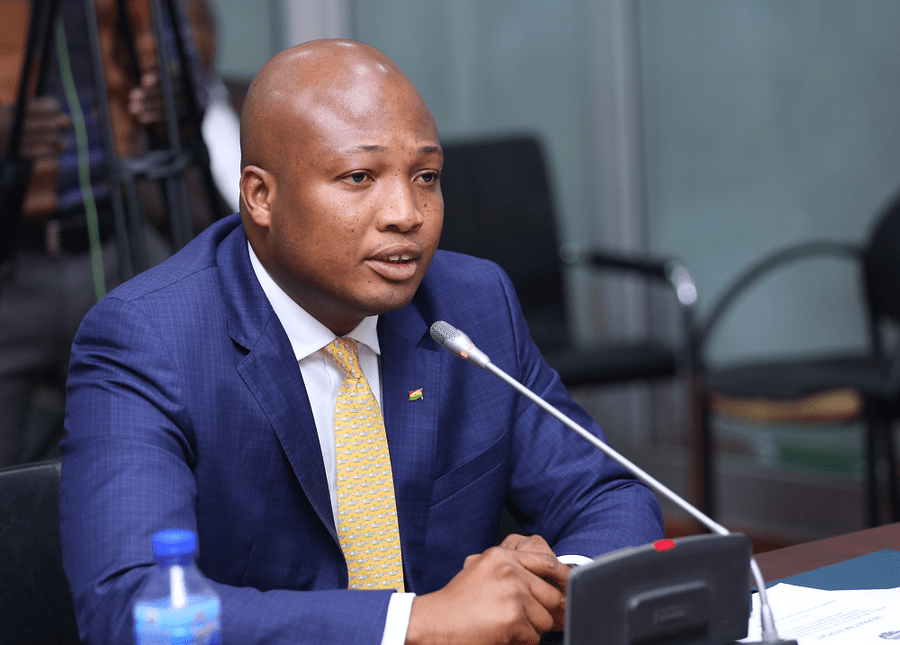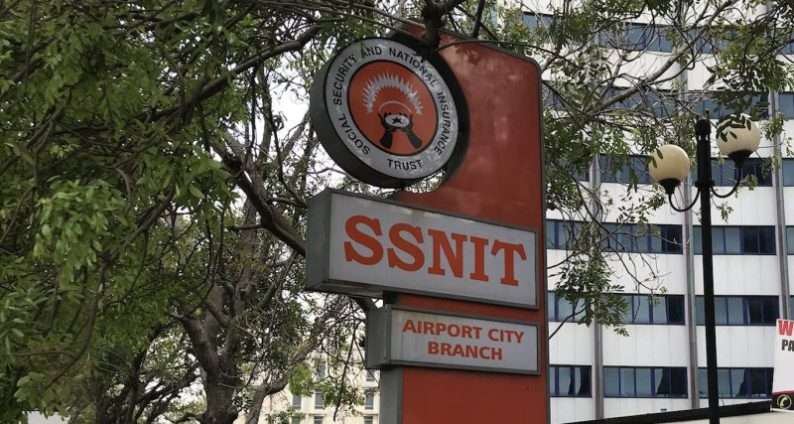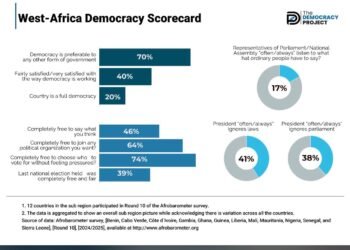In recent years, the privatization of state-owned assets has been a widely debated topic, with numerous governments and state entities choosing to offload their stakes in diverse industries.
Many governments and state entities see this move as not only a strategic decision but also a necessary step towards economic growth and development.
Offloading state assets helps to alleviate financial risks associated with state-owned enterprises, which can burden the government with significant liabilities and potentially destabilize its fiscal position.
Furthermore, by selling these assets or portions of them, the state entities can transfer the risks to private entities, freeing up resources for more critical areas such as investing in other profitable ventures.
Additionally, the sale of state assets also helps meet liquidation requirements as in some cases, state-owned enterprises may be struggling, and selling them off can help pay off debts and settle liabilities.
Moreover, the sale of state assets encourages private ownership and investment as private entities are often more efficient and innovative, leading to improved productivity and economic growth.
Likewise, privatization of state assets can improve operational efficiency as private entities are more likely to invest in modernization and technology, leading to improved productivity and competitiveness.
Amid the ongoing controversy between SSNIT and the public, SSNIT has justified its decision to divest a 60% stake in four hotels to Rock City, citing the need to enhance operational efficiency and streamline its portfolio.
According to SSNIT, the hotels were in dire need of modernization and a more efficient management approach, as they were experiencing severe financial distress and were at risk of insolvency as these businesses were not profitable.

However, Hon. Samuel Okudzeto Ablakwa countered that a closer examination of Labadi Beach Hotel’s financial records reveals a stark contrast to the government and SSNIT’s narrative, as the hotel’s financial statements indicate a higher profitability than initially claimed.
Hon. Ablakwa revealed that Labadi Beach Hotel’s financial records show a substantial amount of GHS 54,855,795.00 in cash reserves, spread across five bank accounts, a figure that contradicts the narrative of financial struggles.
“Labadi Beach Hotel from the 2022 Deloitte financial statement had a turnover of GHS 120,438,655. From the 2023 management account, this has commendably increased to GHS 188,076,649.00. Labadi Beach Hotel in 2022 posted a gross profit of GHS 70,734,099.00 — a figure which astonishingly more than doubled by 2023 to GHS 158,490,448.00”.
Hon. Samuel Okudzeto Ablakwa
Furthermore, Hon. Ablakwa pointed out that Labadi Beach Hotel has made substantial contributions to the government’s coffers, paying a total of GHS 20,318,232 in taxes over the past five years, in addition to distributing dividends.
“Clearly, Labadi Beach Hotel is a cash cow and not a struggling hotel as government propagandists are claiming”. – Hon. Samuel Okudzeto Ablakwa
As such, he noted that given its financial performance, Labadi Beach Hotel alone has the potential to serve as a cash cow, enabling its new owner to turn around the fortunes of all the hotels in SSNIT’s investment portfolio.
He also recommended that the same Ghanaian management team that has successfully led Labadi Beach Hotel be entrusted with the management of all SSNIT’s hotels, to replicate their success across the board.
Accordingly, Hon. Ablakwa reiterated that he is now even more convinced that this deal is not beneficial to the country as a whole, and that it does not serve the citizens’ collective interests.
With SSNIT’s justifications for the sale of the hotels debunked, it’s unclear what its real motives are, and one can’t help but wonder what underlying reasons are driving its decision, as the true rationale remains unclear.
Public Engagement Key To Resolving SSNIT-Labor Dispute Over Hotel Sale
Meanwhile, to resolve the ongoing tussle between SSNIT and Organized Labor over the sale of the Trust stake in four hotels, SSNIT needs to engage with citizens through open forums, or public hearings, listening to their concerns and addressing their questions.
As such, contrary to its present position, SSNIT must prioritize transparency, providing clear reasons, benefits, and potential community impact, as secrecy fuels suspicion and citizens deserve detailed information about the sale.
Furthermore, negotiation and compromise are essential in resolving these conflicts. SSNIT must engage in direct talks with representative citizen groups, finding mutually acceptable solutions that balance public interests with the need for asset sale.
Thus, by fostering ongoing dialogue, SSNIT can address Organized Labor’s concerns and find a resolution that balances public interests with the need for offloading its 60% stake in the hotels.

In response to the concerns raised by Organized Labor, President Nana Akufo-Addo has taken decisive action to address the issues surrounding the contentious sale of four hotels.
As such, the President instructed the Minister of Employment and Labor Relations, Ignatius Baffour Awuah, to initiate talks with labor leaders to resolve the issues surrounding the hotel sale.
According to Dr. Yaw Baah, the Secretary-General of the Trades Union Congress, the President’s directive seeks to facilitate a negotiated settlement that balances the interests of all parties involved in the SSNIT hotel sale dispute, ensuring a fair and inclusive outcome.
“We wrote to the President that we needed to engage him on this [sale of the SSNIT hotels]. He has referred it to the [Employment and Labor Relations] Minister to start the engagement with us. We are hoping that these engagements will help all of us to find a solution to what we think is a problem. We are going to meet with the SSNIT Board”.
Dr. Yaw Baah
As such, Dr. Yaw Baah emphasized that, in addition to the President’s directive, Organized Labor leaders will also engage in separate discussions with the Minister of Employment and Labor Relations, who doubles as the Minister in charge of pensions, to ensure a comprehensive approach to addressing their concerns.
READ ALSO: Africa Loves Majoring In Minors And Minoring In Majors























